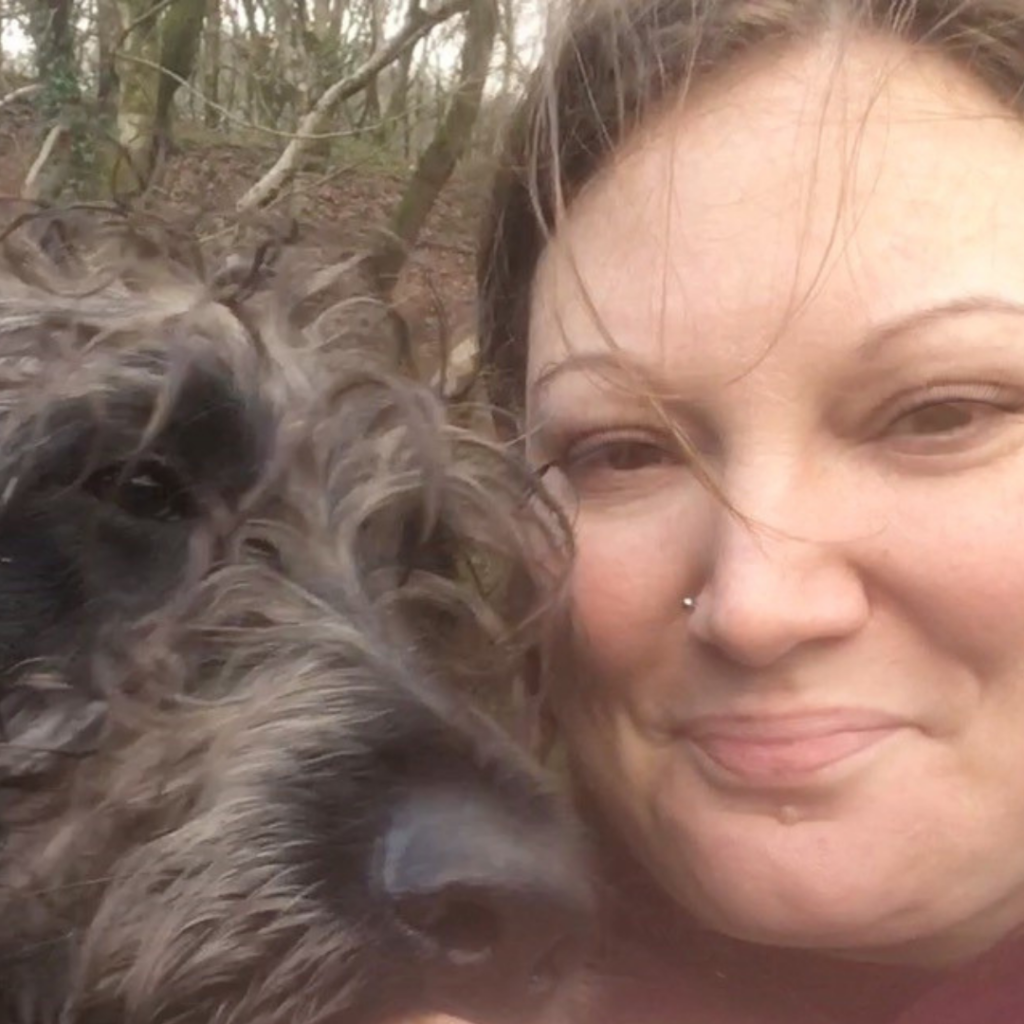Tip Two From the Expert: Socialisation
From the series 10 Tips on How to Form a Lifelong Bond with your Dog
Dogs are altricial, which means that they’re born ‘under-baked’ and still have some developing to do (unlike horses, for example, who because they’re a prey species need to be ready to go pretty much straight away).
Part of this development involves changes to the brain’s structure and organisation, which is shaped by your puppy’s experiences. This happens throughout life, but is particularly intense during this phase from approximately 3 to 12 weeks; it’s often called the ‘socialisation period’.

Your puppy’s brain is essentially busy creating a blueprint for later life – what is normal and safe and what is scary and best avoided. Anything your pup doesn’t get used to during this time will automatically be treated with suspicion later on. That’s why it’s so important to expose your puppy to lots of things, however there are two crucial things to avoid.
Don’t overwhelm your puppy
Many people are aware of the socialisation period and, understandably, want to expose their puppy to lots of things so they’re confident later in life. However, if you overdo it the very thing you’re trying to teach gets firmly planted in the ‘scary and to be avoided box’.
For example, I’ve seen dogs that are very anxious of strangers because their owners went all out to get them used to people by taking them to the pub, or walking down the high street. This could be overwhelming for your puppy. To get it right, start small and build up.
To begin with you can enlist friends (ideally both at home and out walking) to sit down, let your puppy approach them and get a treat. Gradually build up to those busier scenarios instead of immersing him in them right away.
This is a blueprint for later in life
Some people, quite wonderfully I think, take time off work and concentrate on giving the puppy lots of good experiences in those first few critical weeks. This is great if you are able to do this. However, don’t forget that this is a blueprint for later in life, so your puppy also needs to learn that being alone is cool too! Again, start small (give him a puppy Kong stuffed with something delicious) while you pop out for one minute and build up. They’ll soon learn being left alone isn’t scary at all. However, if you leave it until after the socialisation period is done you risk running into trouble.
The Kennel Club and Dog’s Trust have created a good, comprehensive socialisation plan for puppies which you can view here.
Look out for Tip Three which covers falling in love with your puppy published next Friday.

Rachel Leather – Animal Behaviourist
For the last 12 years, Rachel has been helping others understand and manage the behaviour of dogs, cats and horses. After studying Psychology at Cardiff University, she went on to complete her Masters degree in animal behaviour at the University of Exeter. Rachel then ran a degree programme in Applied Animal Behaviour, teaching others the knowledge requirements to become a behaviourist, and set up a referral clinic to enable her students to gain practical experience of behaviour consultations. She enjoyed this so much that, although no longer lecturing, continues to see behaviour cases on referral from vets and runs CPD classes for vets and other professionals.
You can discover more about Rachel’s professional work here.